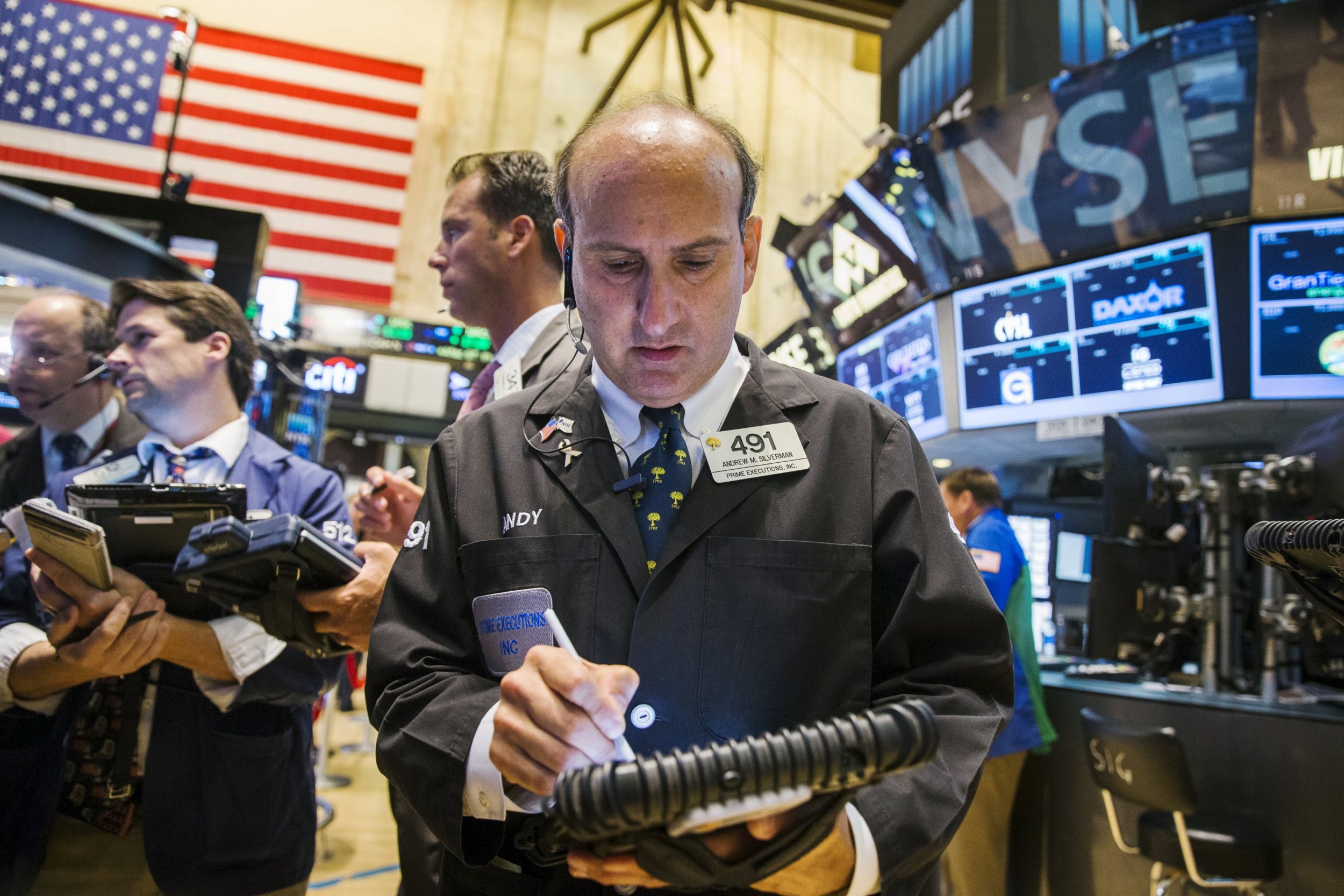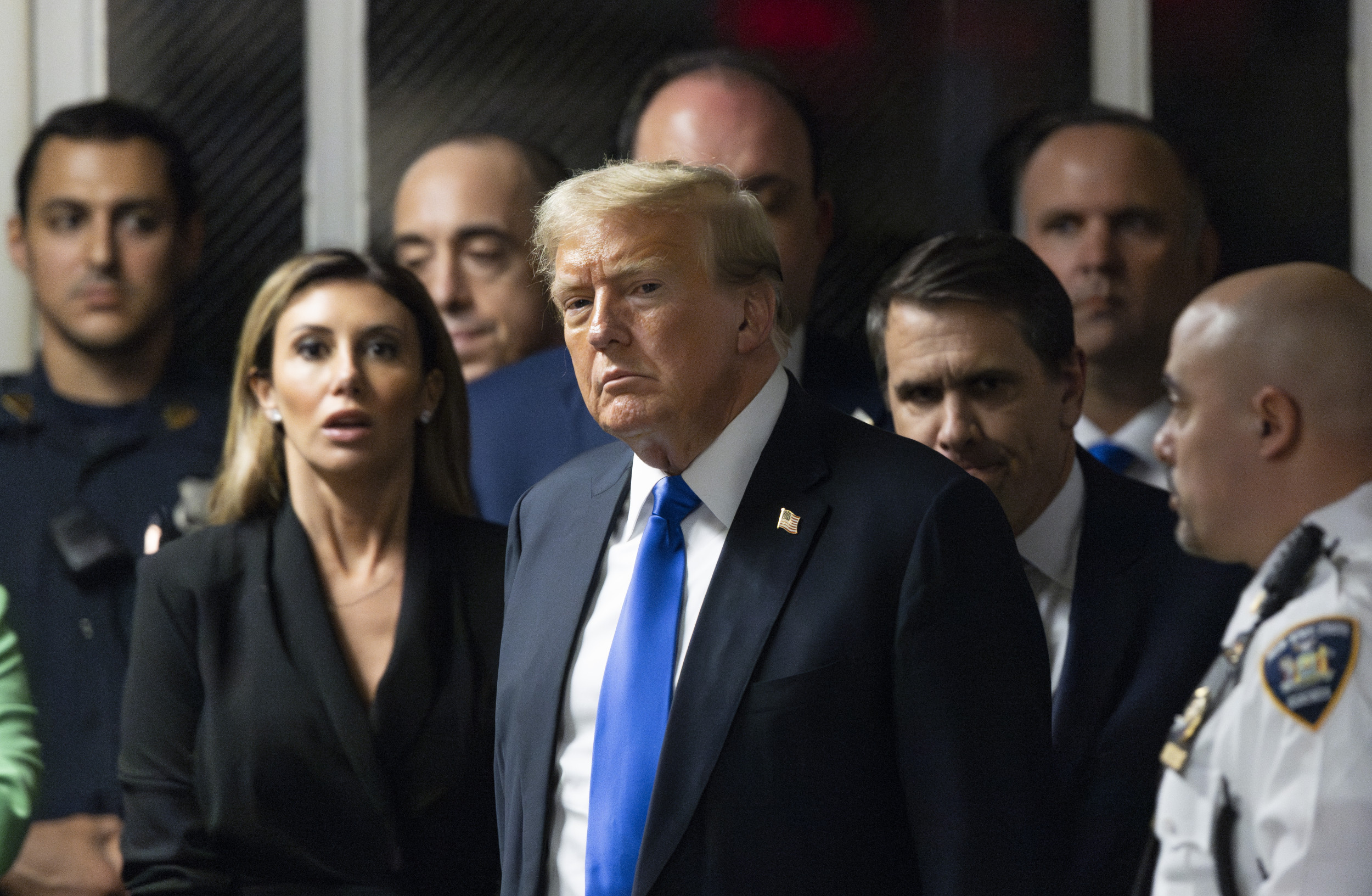
Wall Street opened sharply lower on Tuesday after weak data from China heightened fears of a slowdown in the world's second-largest economy and its effect on global growth.
All three major indexes were down about 2 percent just after the start of trading.
Data showed that China's manufacturing sector shrank at its fastest pace in three years. The services sector, one of the lone bright spots in the country's economy, also showed signs of cooling.
China's official manufacturing Purchasing Managers' Index (PMI) fell to 49.7 in August from 50.0 in July.
"The PMI was below 50, which is a psychologically important level and puts into real focus the fact that China is contracting," said Joe Rundle, a senior sales trader at ETX Capital.
"With the weak data coming out, we're going to see the negative sentiment from the last few weeks continuing."
Growth in the U.S. manufacturing sector slowed to its weakest pace in almost two years in August, according to a report from financial data firm Markit.
Adding to the nervousness, International Monetary Fund head Christine Lagarde said global economic growth was now likely to be weaker than had been expected just a few months ago.
At 9:42 a.m. ET the Dow Jones industrial average was down 344.01 points, or 2.08 percent, at 16,184.02. The S&P 500 was down 39.55 points, or 2.01 percent, at 1,932.63 and the Nasdaq composite was down 85.37 points, or 1.79 percent, at 4,691.14.
All the 10 major S&P sectors were lower with the energy index's .SPNY 2.93 percent fall leading the decliners. Oil prices fell more than 4 percent, snapping three days of strong gains, after the weak data from China. Oil majors Chevron and Exxon were down about 3 percent. [O/R]
Wall Street ended lower on Monday and wrapped up its worst month since 2012 after Federal Reserve Vice Chairman Stanley Fischer's comments appeared to indicate a U.S. interest hike ths month.
The Institute for Supply Management's index of U.S. factory activity is due at 10 a.m. ET and is expected to have slipped to 52.6 in August from 52.7 in July.
Netflix was down 4.4 percent at $109.94 after Variety reported that Apple was looking to move into the original programming business to compete with video streaming companies. Apple fell 1.3 percent to $111.39.
Dollar Tree fell 5.9 percent to $71.66 after its quarterly sales rose less than analysts expected.
Declining issues outnumbered advancers on the NYSE by 2,492 to 264. On the Nasdaq, 2,091 issues fell and 359 advanced.
The S&P 500 index showed no new 52-week highs and seven new lows, while the Nasdaqrecorded four new highs and 17 new lows.
Uncommon Knowledge
Newsweek is committed to challenging conventional wisdom and finding connections in the search for common ground.
Newsweek is committed to challenging conventional wisdom and finding connections in the search for common ground.





